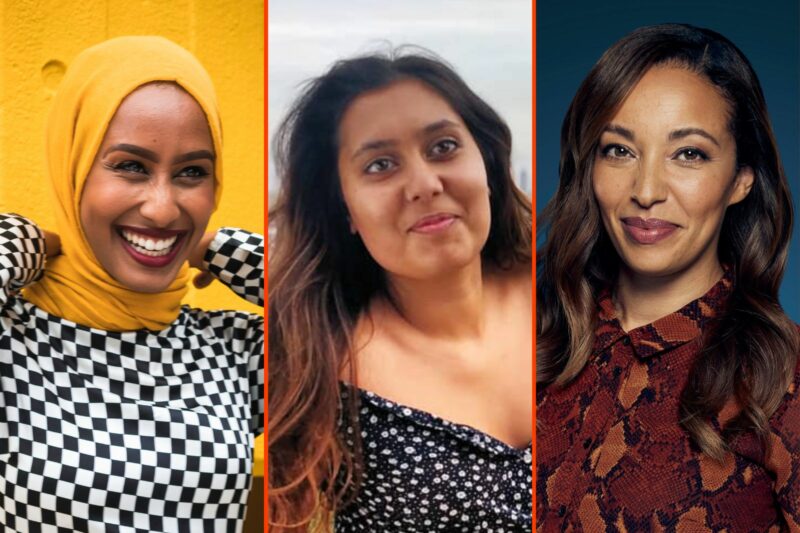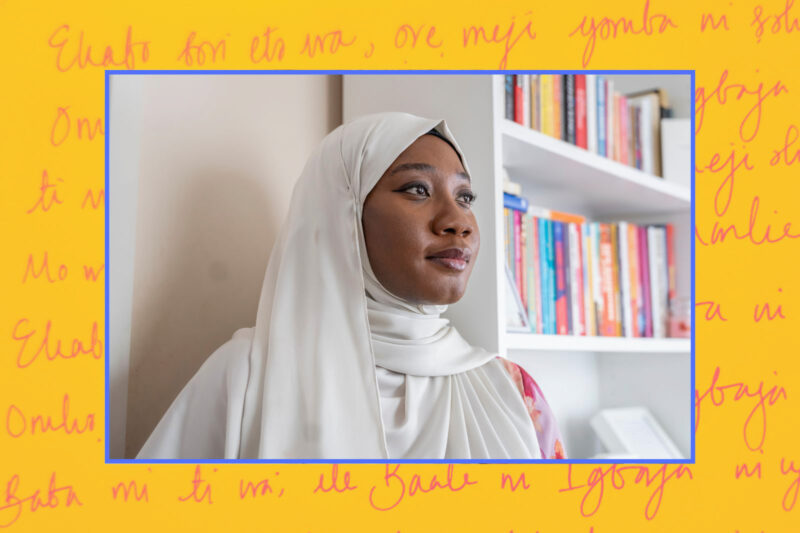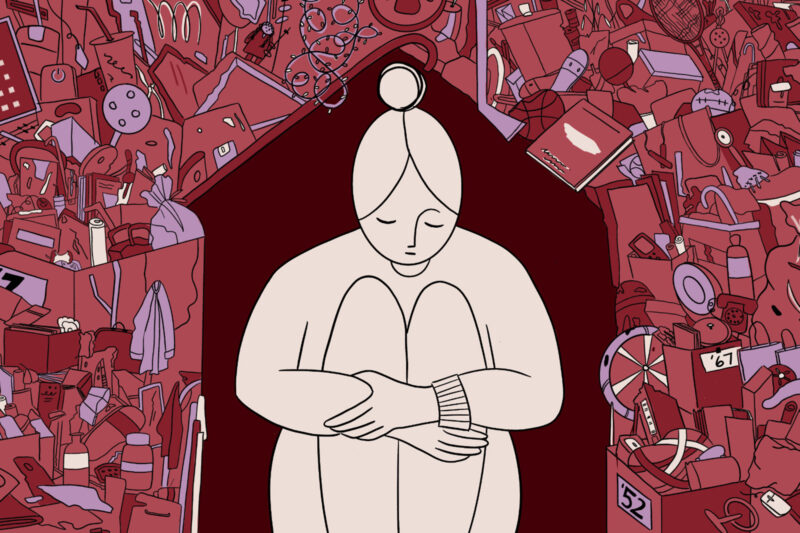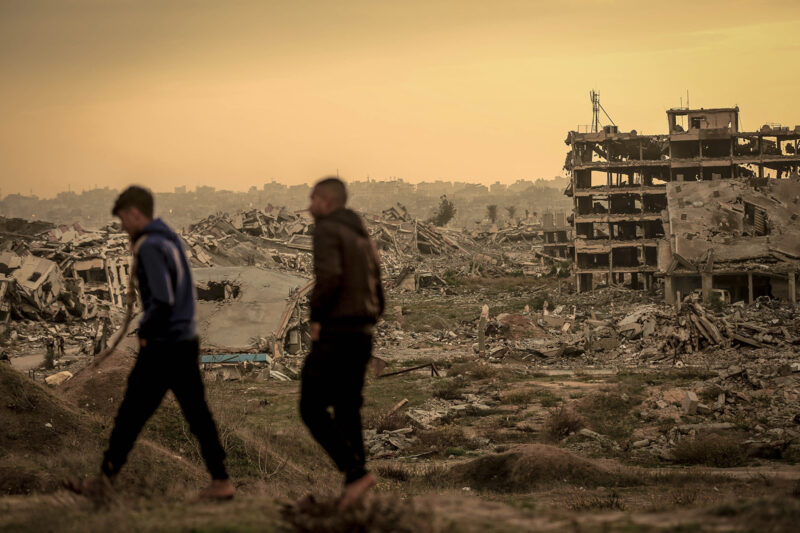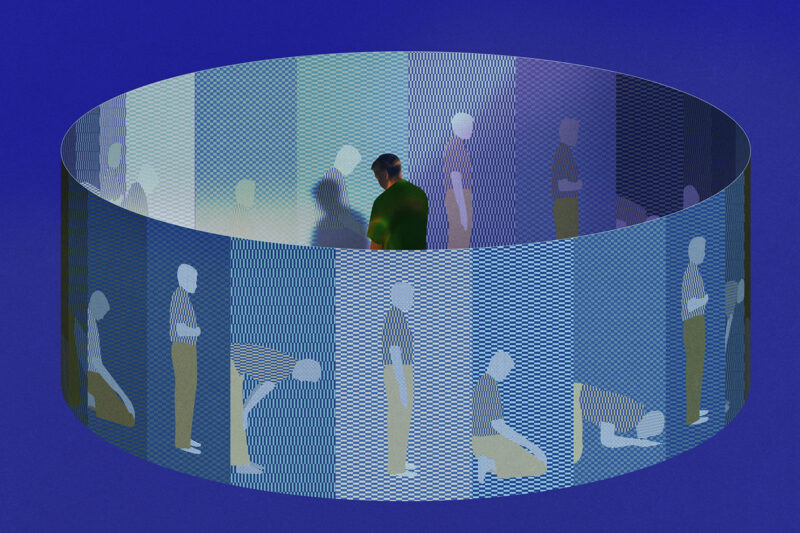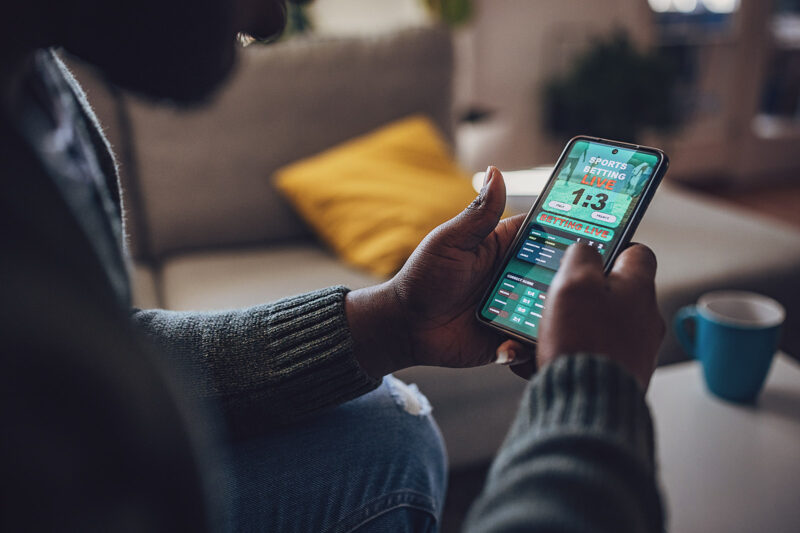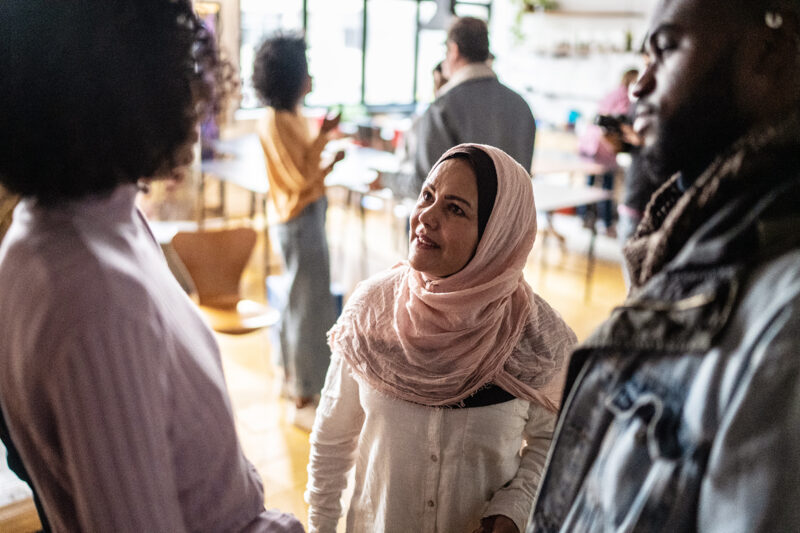The Muslim women struggling to stop watching porn
In stark contrast to men, few resources exist to help women end their consumption of explicit online content. Here, they tell their stories
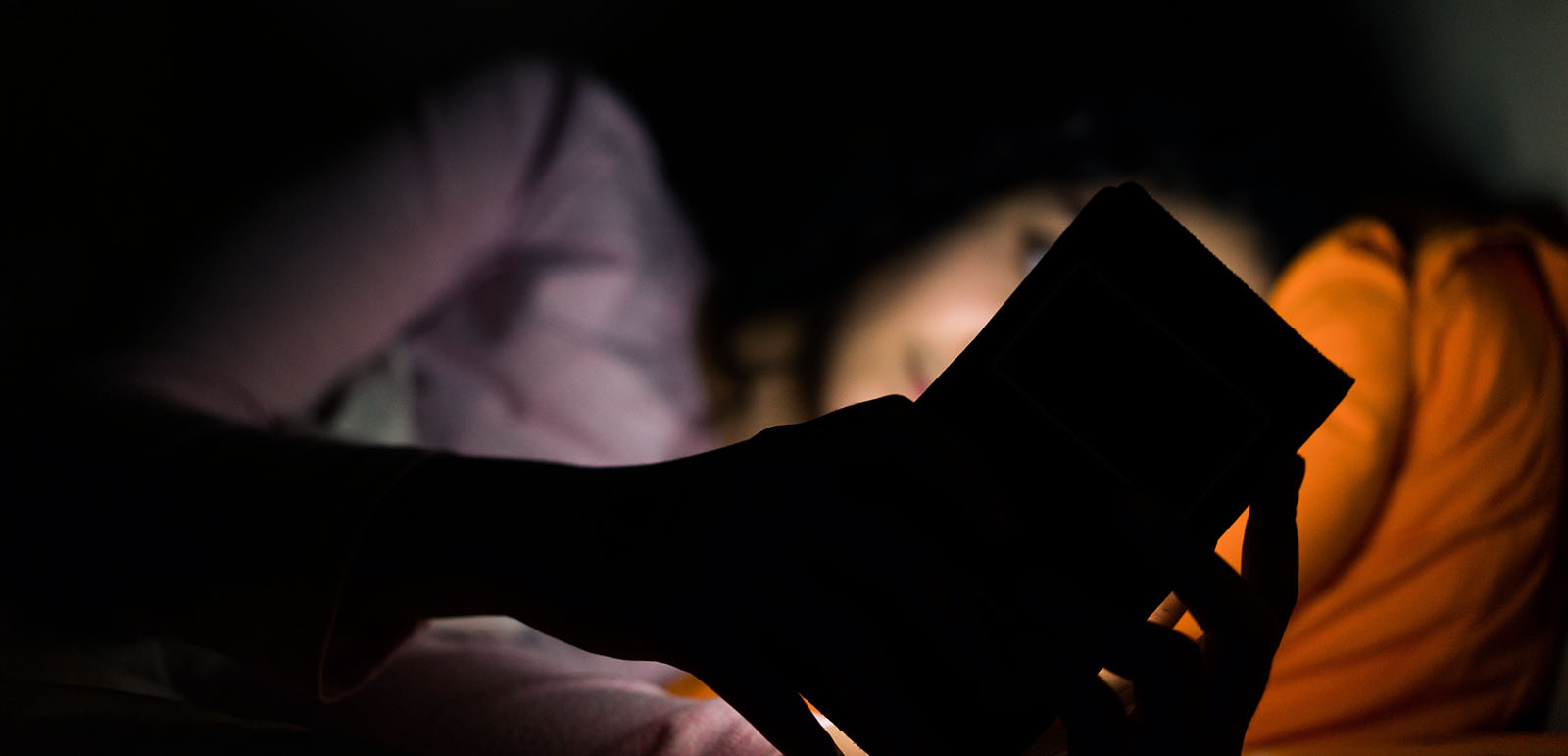
Azizah was just a child when she discovered pornography. Like many young people who used the internet when major online platforms were far less regulated than today, she stumbled across adult content by accident, while scrolling through a popular video-sharing site.
“It was a simple video,” she recalls. “A man and woman flirting until they eventually started undressing and having sex.” From that moment on, she remembers, watching adult material would “make her feel funny”. It was a feeling she could not explain or understand but, against the backdrop of a turbulent family environment, one that she found some comfort in.
Now 16, Azizah believes that her use of pornography was a means to relieve the stress of a childhood marred by the divorce of her parents and verbal abuse from her father. She always had a sense that watching porn was not good for her mental health, regularly entering into spirals of self-loathing immediately afterwards.
“I began to see myself as weak for giving into my desires,” she says. “I felt stupid every time and wished sometimes that I was a different person, so I could just escape it.”
As a young Muslim, Azizah believes that her struggle to stop watching adult material has been made more difficult by religious and cultural taboos surrounding female sexuality. “People often misunderstand that Muslim women have sexual desires and that our addictions are real,” she says.
She has only spoken about her use of pornography to two friends, one of whom found it disgusting, and hasn’t received any external support, either in the real world or online, to stop.
While there is no scientific consensus among psychologists and clinicians as to exactly what constitutes porn addiction, or whether it even exists, research on the subject is growing fast. Governments — including that of the UK — are looking at ways to regulate the online porn industry and prevent children from accessing explicit content.
Recent data from the UK-based charity Dignify suggests that a fifth of British teenagers regularly watch porn online, and that one in 10 believe they have an “addiction”. Though there is far less research on porn usage among women compared with men, Mindgeek, the analytics company that owns a number of popular porn websites, suggests that female users are growing in number and, in some categories, make up close to a third of its audience.
For UK Muslims — 83% of whom, according to polling from Muslim Census, have consumed adult material online at least once in their lives — seeking help to stop viewing sexually explicit material can be especially challenging. In Islam the use of pornography is considered a sin and masturbation is prohibited in most schools of thought. Owing to these strict rules, it is rare for mosques or Islamic centres to offer support to people who believe they have problematic relationships with explicit content.
For men wishing to end self-diagnosed addictions to pornography, there is plenty of online support. On Reddit alone, dozens of groups, including r/nofap — a subreddit with tens of thousands of members — provide detailed guidance on how to stop masturbating and using sexually explicit material. Using mostly anonymous accounts, users speak openly about the underlying causes of their viewing habits and their detrimental effects on relationships.
For women, however — and particularly young Muslim women like Azizah — such problems have to be navigated alone and in secrecy. Conversations are largely relegated to obscure forums and online message boards such as Quora, or Islamic websites such as Seekers Guidance, where the advice, usually given by male imams, often amounts to little more than praying to God for forgiveness, or getting married.
“People think porn addiction is something only men can struggle with,” Azizah says. “I wish they would pay more attention to it and help us actually talk about it and overcome it instead of chastising us.”
In 2018 a dedicated support group for Muslim women struggling with porn — named r/MuslimahNoFap and modelled after its mainstream male predecessor — was launched. According to former moderators, it was forced to close within a few months, after repeatedly being “infiltrated by men” posing as women and then trolling users by posting nude images of women in hijabs.
As a former heavy user of porn, I understand the situation of Azizah and other women like her. For many non-Muslim women struggling with porn, there is little by way of online support. Even the name “NoFap”, which refers to the sound of male masturbation, is exclusionary. When I was looking for help to quit porn, I felt isolated by the lack of women speaking about their experiences and by online posts that did not represent my experiences.
The stigma surrounding the use of pornography by Muslim women means that relevant data on the subject is scarce. That which does exist, including online polls based on small sample groups, suggests that at least one-third of young Muslim women have, at some point in their lives, consumed pornographic material.
Sara, 28, began to watch porn at just seven years old, when she discovered the Sky TV 900 adult channels in her Pakistani family home in Bradford. “I’d wake up in the middle of the night. Nobody would be around. I think one of the first things I saw was a couple 69ing,” she recalls.
Eventually, she began watching more hardcore material, using an incognito account on her brother’s computer whenever he went out. Looking back, she notes that her use of pornography had little to do with actually seeing sex on a screen but rather, the emotions she experienced while looking at it. She never masturbated while watching it, either. Instead, her interest in adult content was largely driven by the feeling of arousal itself.
“You know when you think of a hot scenario, you get that feeling in your stomach. That was the feeling I was chasing as a kid,” she says.
Iqra, 28, who now lives in the US, discovered pornography at a similar age. She describes feeling unable to talk to or socialise with men later in her real life and, instead, finding comfort in sexually charged fantasy. “I’d watch porn every day for years,” she recalls.
She believes that her high consumption of porn contributed to the uncomfortable, sometimes unsafe experiences she had in real-world sexual encounters, too. “I ended up buying toys for myself and hid them and started sexting online,” she says. Later, she ended up meeting and sleeping with men she met in online chat rooms. In some of those encounters, she felt pressured into performing acts that she now regrets.
The Muslim women I spoke to are all keen to emphasise that just because a person uses pornography, God hasn’t given up on them.
Iqra got married a few years ago. She has an open and honest dialogue with her husband about her past, but admits to being too ashamed to tell him everything. “It still definitely affects me. There are things I did and can no longer do that I honestly do miss. But I love my husband, so I compromise and he supports me,” she says.
Despite growth in the field, the amount of solid academic research on the effects of online porn consumption still stands at odds with the exponential growth of the industry.
Nevertheless, studies suggest that the regular use of pornography can have physiological effects on viewers, ranging from irregular production of dopamine in the brain to physiological issues including long-term erectile dysfunction in men. More recent academic research also suggests that adolescents who view high volumes of explicit material can struggle to communicate in real-life settings. In men, there is also substantial evidence of an association between the use of pornography and harmful sexual attitudes and behaviours towards women, according to a recent review commissioned by the UK government.
Iqra believes that the lack of healthy sex education in her life meant that she, like many other young people, had to teach herself about sex through pornography. In her South Asian community, to even talk about sex openly could jeopardise a woman’s standing in her community and, in some cases, prevent her from finding marriage partners.
“Typically, boys masturbating or having sex outside marriage, they’re not that heavily penalised for it,” Sara says. “But for girls it’s all about purity. If you were to tell a man that you explored your body and know how you reach orgasm, they’ll say, ‘What the hell is wrong with you?”
For the past few years, Azizah has been weaning herself off online porn by reading erotic novels — a medium that allows her to engage with the emotional aspects of sex often absent in pornography. She recommends finding healthy ways to manage stress and quitting on a “meaningful day like a birthday or weekend… you’ll be less likely to relapse because it’ll mean something”. For other women, though, attempting to quit porn hasn’t been as easy. Sara notes that her years watching and consuming explicit content have altered her sexual tastes and expectations of intimacy. She hopes that she will soon enter a healthy relationship with an understanding partner who can provide her with a safe, “halal outlet”.
In recent years — as more women have opened up about their use of pornography and therapeutic services are rolled out for them — more support may have become available. For now, though, the Muslim women I spoke to are all keen to emphasise that just because a person uses pornography, that doesn’t mean God has given up on them.
For Azizah, there has been a silver-lining to her experience.“It’s made me who I am today,” she says. “It has helped me realise my strength. It has also strengthened my faith and my relationship with Allah, because I feel happy and accomplished that I’m giving it up for Him.”
In the UK, Sex Addicts Anonymous offers a phone and email helpline for women seeking help with addiction to pornography. The Association for the Treatment of Sexual Addiction and Compulsivity is a charity providing information and support.
 Newsletter
Newsletter


